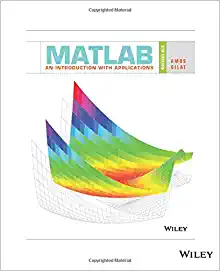Question
Education and Earnings (20 Points) In class it has been noted that investments with NPVs in six figures are rare in competitive environments. Let us
Education and Earnings (20 Points)
In class it has been noted that investments with NPVs in six figures are rare in competitive environments. Let us examine one of these rare valuable investments. First, let us collect some data. Go to Table 1 of the following webpage:https://www12.statcan.gc.ca/census-recensement/2016/as-sa/98-200-x/2016024/98-200- x2016024-eng.cfm
From Table 1, calculate theNPVof a university bachelor's degree for a high school graduate in 2015 (i.e., someone "with high school diploma") in Canadaseparately for men and women. Assume that average annual earnings will remain constant forever, but the university tuition
and fees will start at $10,000/year and then grow at 5% each year. Also assume that the undergraduate will still live at home but will pay $1200/year for transportation/parking (also growing at 5% each year). In addition, assume that the opportunity cost of lost wages will be the average earnings/year for a high school graduate and the high school graduate takes 4 years to earn a bachelor's degree in university. Finally, assume the annual discount rate is 6%, and after university graduation, one works for 30 years before retirement. You may assume that all earnings and costs are at theendof the year. Would your NPV and IRR estimate be at the low end or the high end of the benefits of a university bachelor's degree? Why?
Next, calculate theNPVof a university bachelor's degree for a high school graduate in 2015 (i.e., someone "with high school diploma") for Ontario residents (men and women separately) and calculate how much the average income in Ontario could fall if half of Ontarions qualified for university admission could no longer afford a university bachelor's degree and no longer attend university when the OSAP grant is converted back to a loan and the grace period falls to 4 years from 4.5 years (men and women separately). Assume 50% of Ontarions would have at least a university bachelor's degree in the past, so the overall effect is that over time, 25% of Ontarions would only have a high school diploma instead of a university bachelor's degree with changes the Ford government introduced.
Step by Step Solution
There are 3 Steps involved in it
Step: 1

Get Instant Access to Expert-Tailored Solutions
See step-by-step solutions with expert insights and AI powered tools for academic success
Step: 2

Step: 3

Ace Your Homework with AI
Get the answers you need in no time with our AI-driven, step-by-step assistance
Get Started


